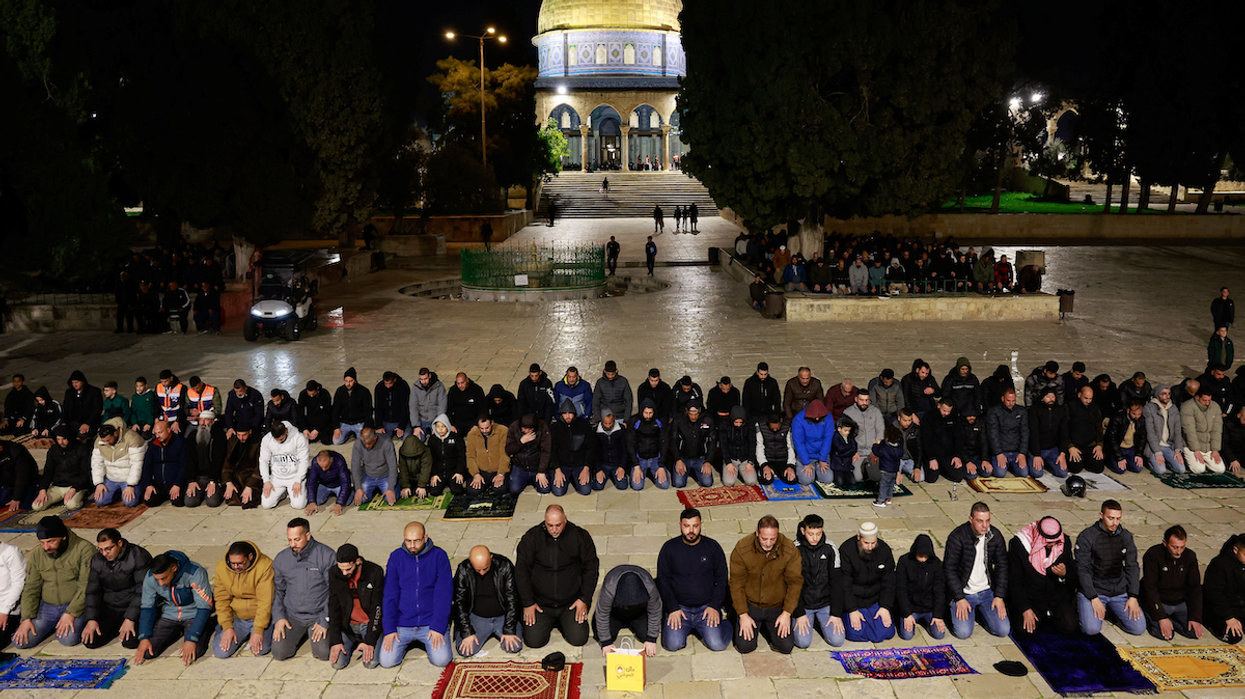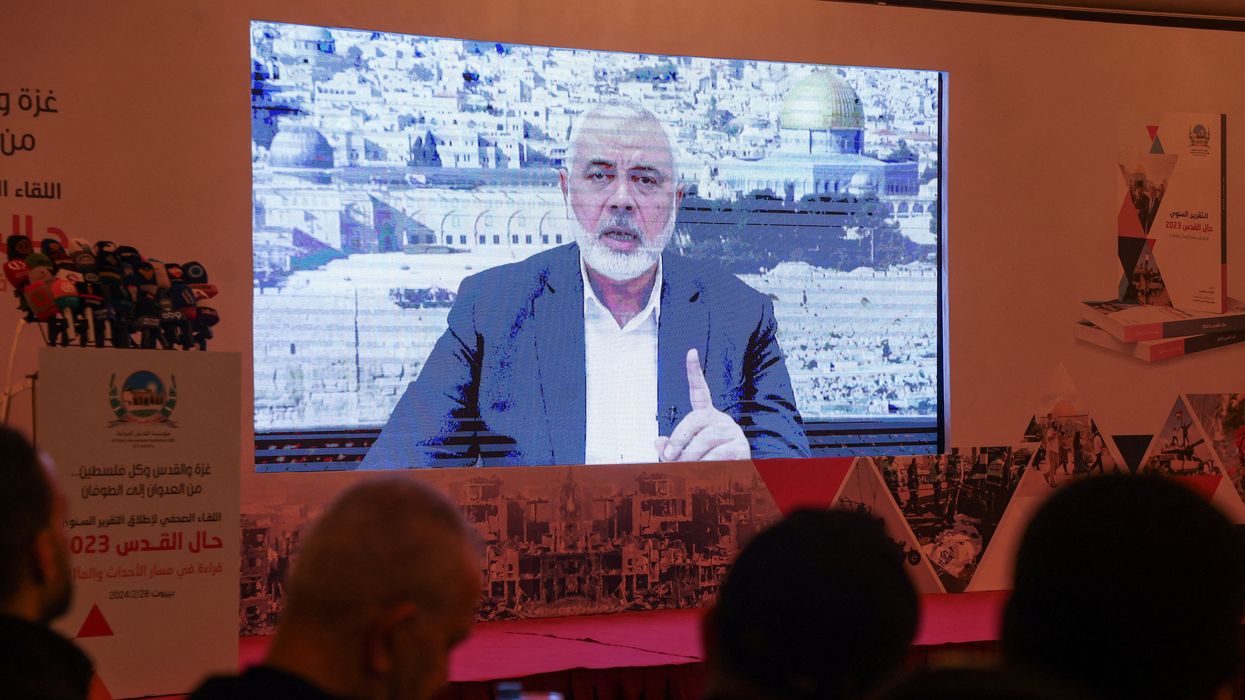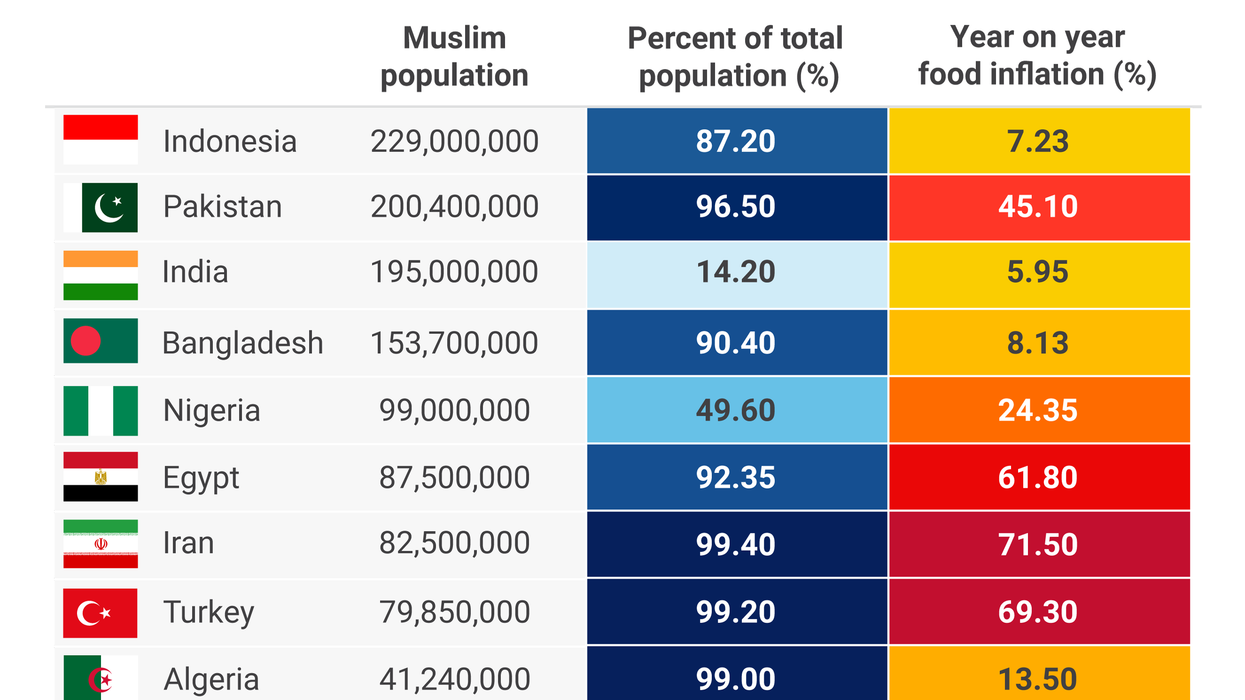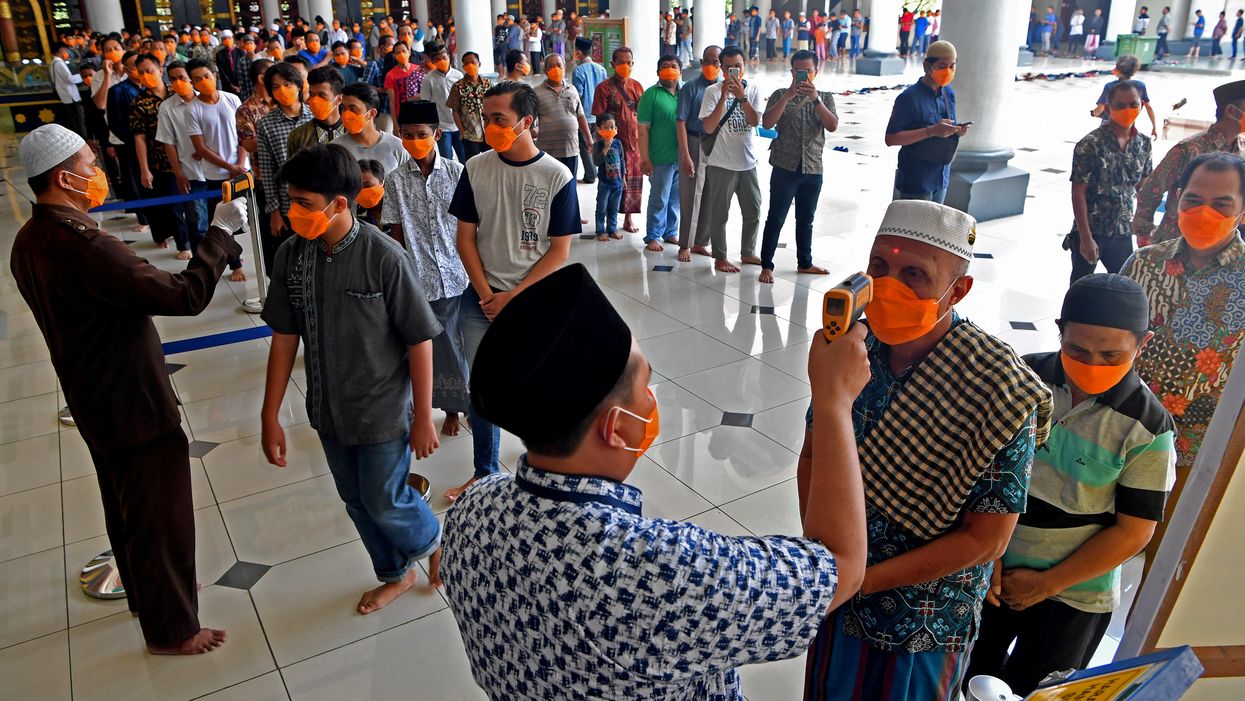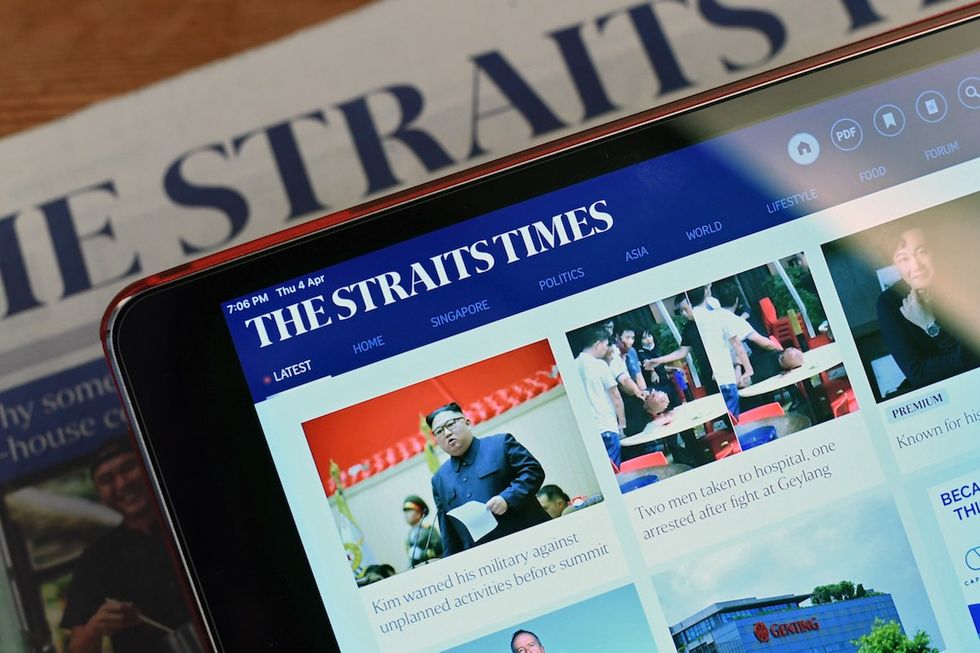What We're Watching
Will tensions burst at Al-Aqsa Mosque?
Jordanian Foreign Minister Ayman Safadi said Monday that the restrictions Israel is imposing on access to Jerusalem’s Al-Aqsa Mosque, which Jews call the Temple Mount, during Ramadan could lead to an “explosion.”
Mar 11, 2024
